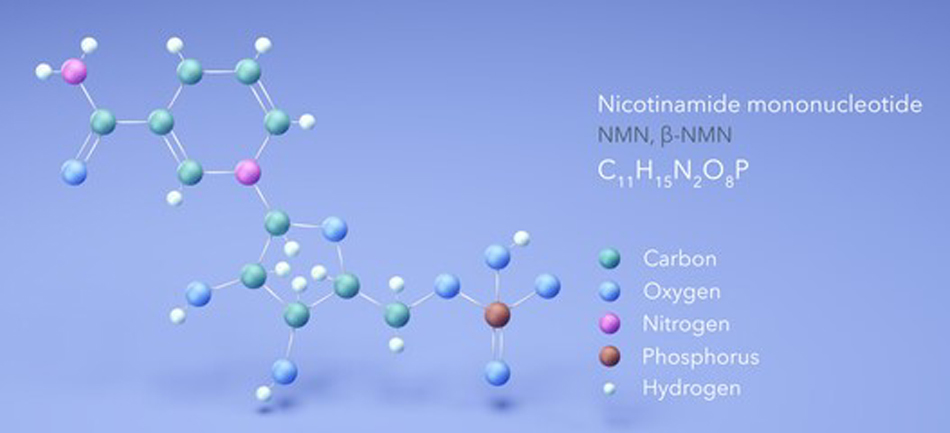Nothing that lives lasts forever. Everything has its time. However, we have recently been able to significantly extend the period during which people can live a healthy life.
An absolute limiting factor for our lifespan is currently still the shortening of the telomeres of our body cells. They lose potential with every cell division. Physical activity demonstrably slows down this loss of potential, thus ensuring that the telomeres shorten later and our life expectancy increases – theoretically to around 200 years. But even with optimal exercise, a healthy diet and abstaining from alcohol and nicotine, that would be the end of it.
Doctors and biologists all over the world are researching ways to stop or even reverse the shortening of telomeres. Although they have made progress so far, they have not yet reached their goal. A drug that can be used to prevent the shortening of telomeres with every cell division has yet to be developed.
However, so far all people who have ever been born have died much earlier than 200 years of age – at the latest in the 120s of their lives. This is because the NAD+ level in our cells, which is responsible not only for their energy supply but also for their resistance to inflammation, falls from the age of thirty. This drop in NAD+ levels at cell level, along with the shortening of telomeres, is at the heart of our ageing process.
We do not die directly from this ageing process, but indirectly because our body loses the ability to resist disease. A 20-year-old is more likely to survive pneumonia than a 90-year-old. However, the 90-year-old would have a similar chance of survival as the 20-year-old if the NAD+ level in his cells were the same as that of the 20-year-old.
The well-known biologist and Harvard professor David Sinclair has succeeded in stopping and even reversing the drop in NAD+ levels in the body’s cells not only in laboratory mice, but also in humans – especially in himself. He did this with nicotinamide mononucleotide (NMN), which is contained in broccoli, cucumbers, avocados, tomatoes, raw beef and prawns – albeit only in tiny, biologically barely effective quantities.
David Sinclair consumes one gram of pure NMN every day. However, he cannot simply swallow this, as NMN only increases the NAD+ level in human body cells if it is absorbed via the oral mucosa rather than the intestine. Sinclair places the NMN under his tongue and allows it to slowly dissolve in his mouth, whereby the absorption of half a gram (500 mg) via the oral mucosa can take up to 30 minutes.
The NMN removes the methyl groups from Sinclair’s body, which would lead to deficiency symptoms if he did not ensure a sufficient daily intake of betaine, which contains the required methyl groups. He consumes the same amount of betaine daily as NMN, i.e. one gram of each.
Unlike NMN, betaine is found in large quantities in commercially available foods, particularly beet, wholemeal products, mussels, fish, meat, spinach, broccoli and sweet potatoes. 200 grams of beet contain about half a gram of betaine.
NMN must be refrigerated and protected from light so that it does not degrade during storage. We are a technology company and are pretty good at keeping chemicals in a closed cooling loop and keeping track of their composition.
So we purchased NMN in opaque vegan cellulose capsules and stored them refrigerated in small glass containers. We commissioned the PiCA Institute for Chemical Analysis in Berlin to test these capsules. The test result shows a very high purity content of 99.8 percent of NMN. You can download the test report HERE and order the glass containers with NMN HERE.
Reports that NMN is also supposed to prevent the shortening of telomeres, which remains an overriding ageing problem, are unfortunately only indirectly correct. A high NAD+ level in our cells prevents inflammation of the telomeres, which accelerates their shortening. But it does not stop the shortening completely.
If things go well, NMN gives us the time we need to wait until doctors and biologists get to grips with the problem of telomere shortening. In any case, NMN is already fundamentally changing the life potential of humans.

